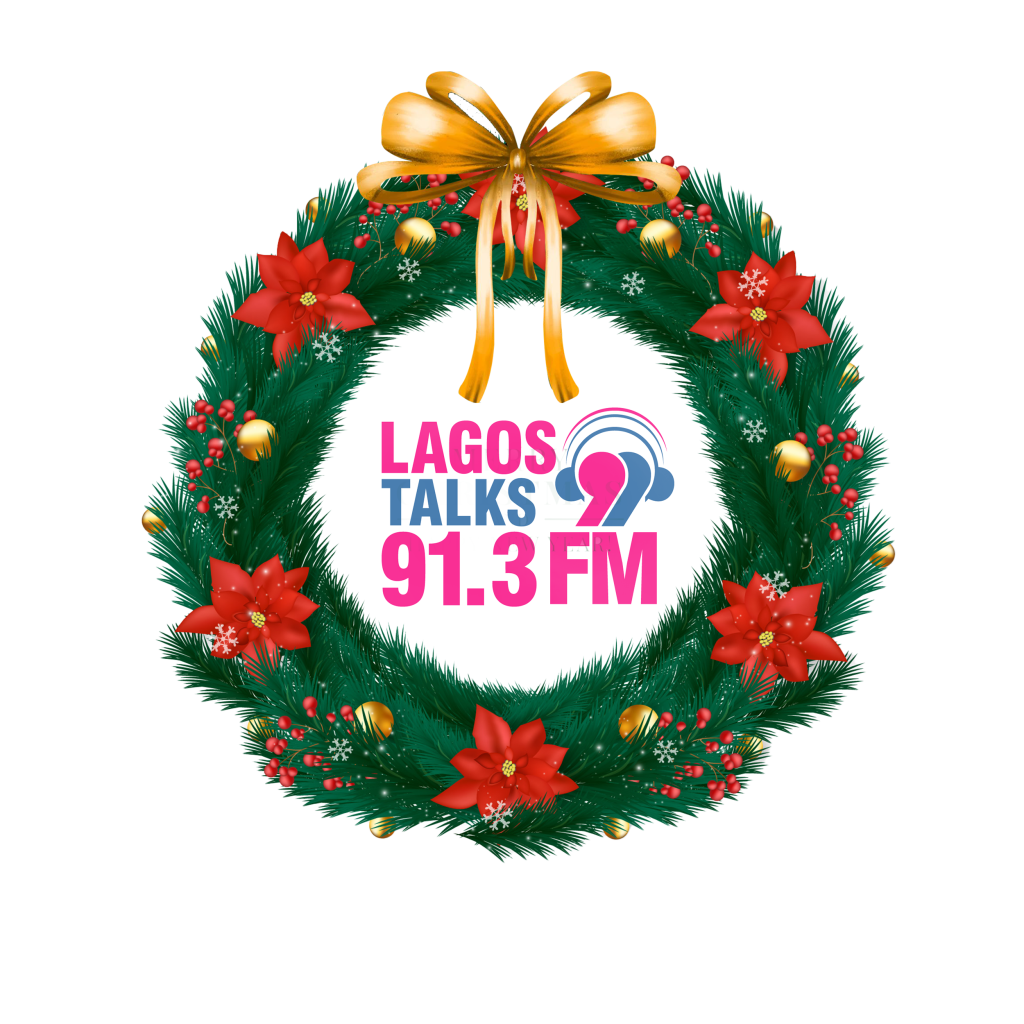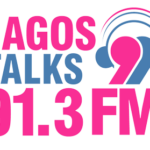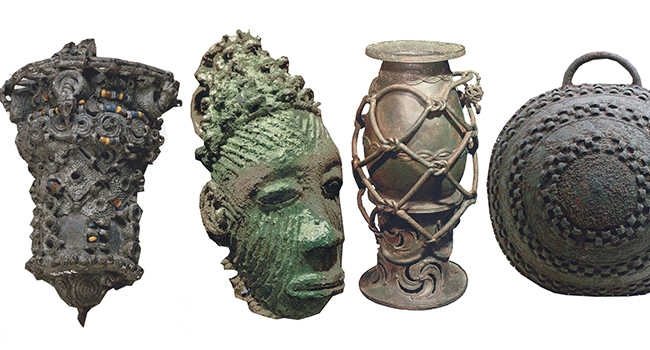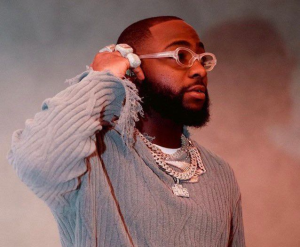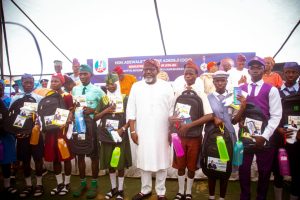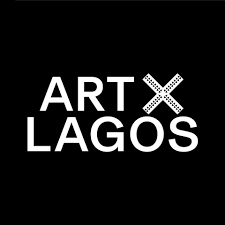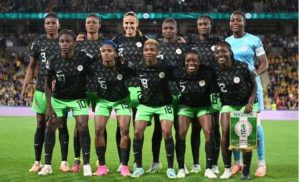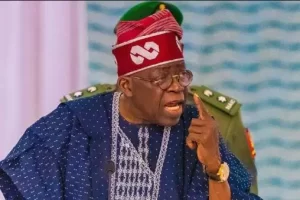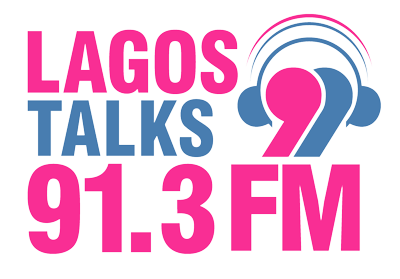The Nigerian government is making strides to strengthen laws that will facilitate the recovery of stolen artefacts into the country.
This initiative was disclosed by Olanipekun Olukoyede, the Executive Chairman of the Economic and Financial Crimes Commission (EFCC), during the 6th Annual General Assembly of the Network of Anti-Corruption Institutions in West Africa (NACIWA) on Monday.
Olukoyede revealed that the government is also working on bolstering regional laws that focus on asset recovery. These efforts aim to address the increasing challenge of stolen cultural heritage and assets, which have been illicitly taken out of Nigeria and other African countries over the years.
In his opening remarks, the EFCC Chairman emphasized the importance of enhancing collaboration among anti-corruption agencies across the region. He highlighted that stronger partnerships are essential to reducing corruption and ensuring the effective recovery of stolen assets.
“The fight against corruption must be a collective effort,” Olukoyede stated. “By strengthening our laws and working closely together, we can ensure that stolen artefacts and other assets are returned to their rightful owners.”
Themed “Implementing the ECOWAS Protocol on the Fight Against Corruption Towards Strengthening Institutions for Regional Unity,” the assembly aims to address various challenges related to corruption and asset recovery in West Africa.
NACIWA, a regional anti-corruption network, comprises 14 member countries, including Benin, Burkina Faso, Cape Verde, Ivory Coast, Ghana, Guinea Conakry, Guinea Bissau, Liberia, Mali, Niger, Nigeria, Senegal, Sierra Leone, and Togo. The network works to foster collaboration among these nations in the fight against corruption and the recovery of stolen assets.
The meeting brought together key figures such as Nigeria’s Vice President, Kashim Shettima, Minister of Foreign Affairs, Yusuf Tuggar, and Minister of Justice, Lateef Fagbemi. Also in attendance were heads of anti-corruption agencies, representatives from the Economic Community of West African States (ECOWAS), and officials from the United States Agency for International Development (USAID).
